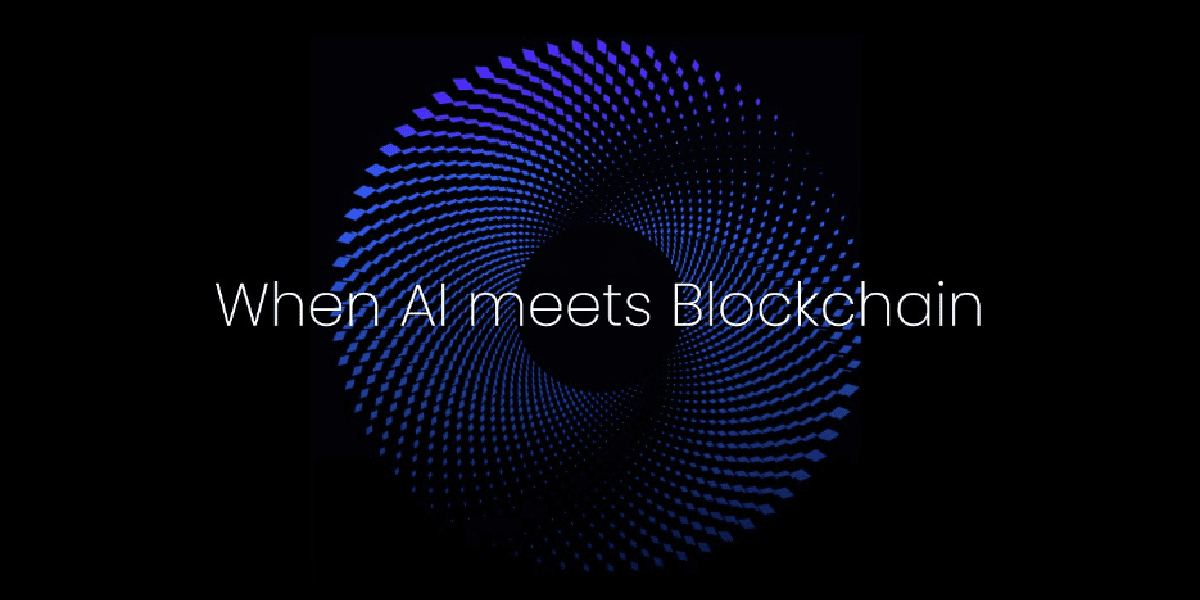In-Short
- AI industry projected to grow from $184 billion to nearly $900 billion by 2030.
- Concerns over AI centralization and privacy with Big Tech’s control.
- Decentralized AI services using blockchain technology offer a solution.
- NeurochainAI introduces a Decentralised AI Infrastructure As a Service (DeAIAS).
Summary of the AI Industry’s Growth and Challenges
The artificial intelligence (AI) sector is experiencing rapid growth, with predictions suggesting a leap to a $900 billion industry by 2030. However, this expansion brings concerns about centralization and privacy, as major corporations like OpenAI and Google AI dominate the market. The control these companies have over AI systems and the data used to train them raises questions about the future of personal data security.
The Problem with Centralized AI
AI’s integration into daily life is becoming more apparent, with applications ranging from simple tasks to complex jobs traditionally held by humans. The centralization of AI technology poses risks to privacy, as users may inadvertently share sensitive personal information with Big Tech firms. The monopolization of data and AI models by a few entities is a bottleneck that needs addressing.
Decentralized AI as a Solution
Blockchain technology is now being applied to AI, aiming to democratize and decentralize the industry. This integration promises enhanced data security, transparency, and operational efficiency. Decentralized AI platforms like NeurochainAI offer a community-based approach to AI development, reducing costs and promoting innovation. They provide incentives for community contributions, ensure data privacy, and foster active participation in AI model training.
The Future with Decentralized AI Services
Decentralized AI services could be the key to overcoming the limitations of computing power and centralization in AI development. By leveraging the collective computing power of a network of nodes, decentralized AI can scale more effectively, reduce costs, and increase community involvement in AI training, leading to more diverse and enriched AI models.
For a more in-depth understanding of the potential of decentralized AI and its impact on the future of technology, visit the original source.










